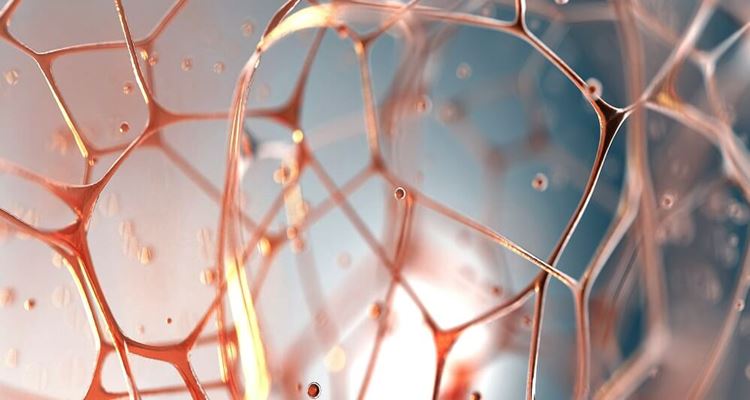These are the various types of connective tissue and how each function. Check out below!
CONNECTIVE TISSUE – This is the definition of connective tissue, its classifications, and the essential function of each classification.
The Brittanica has defined connective tissue as a “group of tissues in the body that maintain the form of the body and its organs and provide cohesion and internal support”.

This internal support that it does include fat storage, transporting substances, giving protection against diseases, and repairing damages in the tissue. Three of the most common cell types found in this are fibroblast, macrophage, and mast cell.
It has classifications and under each classification are the different types.
Check out below:
- LOOSE CONNECTIVE (holds the organs in place and the one that makes epithelial tissues attached to other tissues)
- Collagenous fibers – strengthen the connective tissues
- Elastic fibers – give elasticity
- Reticular fibers – make this be connected to other tissues
- DENSE CONNECTIVE (attaches the muscles to bones and makes the bones be together at joints)
- Dense regular – tendons and ligaments are the basic examples
- Dense irregular – it makes up the dermis and the membrane that surrounds the organs
- Elastic – they are arteries, vocal cords, the trachea, and bronchial tubes in the lungs
- SPECIALISED CONNECTIVE (the tissues with specialized cells and unique ground substances)
- Adipose Tissue – stores fat in the form of triglycerides
- Cartilage – it is packed and made of collagenous fibers that provide flexible support
- Hyaline cartilage – this type of cartilage is found in the trachea, ribs, and nose
- Fibrocartilage – the strongest type of cartilage
- Elastic cartilage – the most flexible type
- Bone Tissue – bone is a mineralized type of connective tissue that has collagen and calcium phosphate.
- Spongy bone
- Compact bone
In a post from NIH, Mixed Connective Tissue Disease (MCTD) and Rotator Cuff Injury are “clinically significant conditions” related to this tissue.
READ ALSO:
- Digestion Process – The Digestive System Process
- Muscle Cramps – What Causes Muscle Cramps and Its Treatment?
What can you say about this? Let us know!

